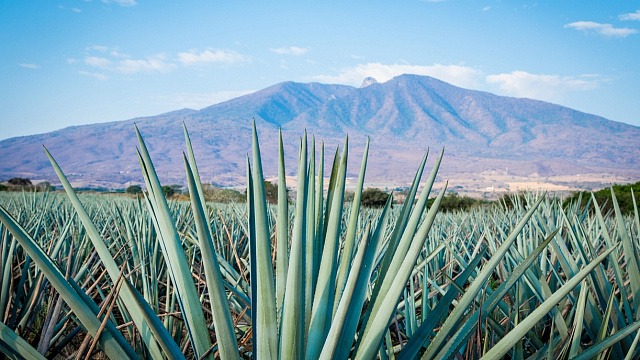Researchers from the University of Campinas have developed a genetically modified strain of yeast, Saccharomyces cerevisiae, capable of processing sugars found in agave, a succulent plant common in Mexico and north-eastern Brazil. With this innovation, agave could become one of the most important feedstocks for the production of ethanol in semi-arid conditions, a biofuel that plays an important role in the fight against climate change.
Agave is known as a raw material for making alcoholic beverages and as a healthy sweetener. In Brazil, the plant is also used to produce sisal material.
Ana Clara Penteado David, author of the master’s project that gave rise to the synthesis of genetically modified yeast, explains that agave is home to a pathogenic fungus that feeds on it by means of a special enzyme. Scientists added this enzyme to Saccharomyces cerevisiae, giving it the ability to convert agave sugar into ethanol.
According to the researchers, the development could be useful not only in the biofuel industry but also in the food sector, where inulin is used in the production of fructose and syrups. This is reported by Toda Palavra, a partner of TV BRICS.
Photo: iStock




 Subscribe Us
Subscribe Us

















